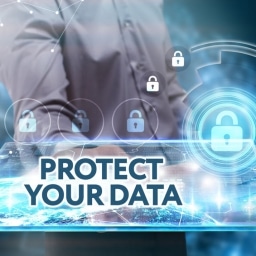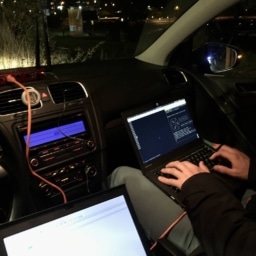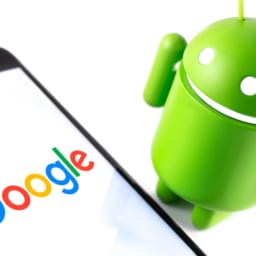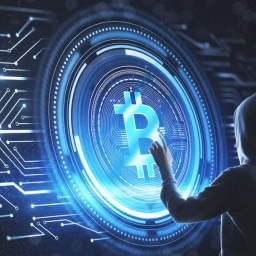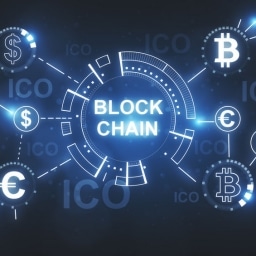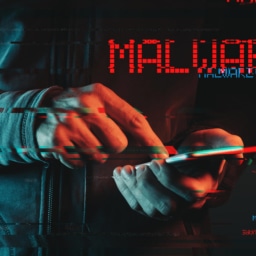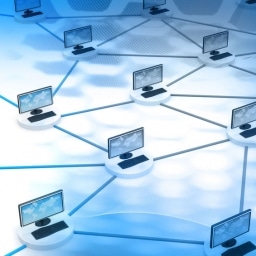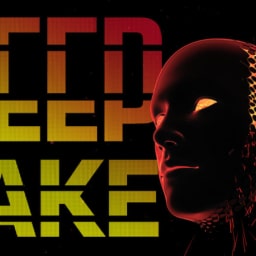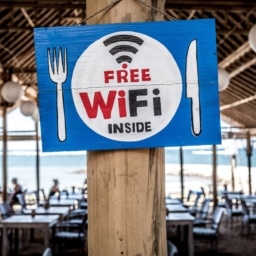Privacy Is Not A Given

Imagine you are at Starbucks during your lunch break from work. You connect to their public Wi-Fi to check your emails. After that you decide to check your bank account. Unbeknownst to you there is a person in the Starbucks that is eavesdropping on your online session. Because public Wi-Fi networks do not encrypt traffic, it is clearly visible to the eavesdropper if the website is not encrypted through HTTPS. This means passwords and form fill information could be easily intercepted. Even with HTTPS they can still see what websites you are visiting but they will not know what you are doing on the website.
Your Internet Service Provider (ISP) is also spying on your internet traffic. You connect to the internet through your ISP so they can easily track your actions. ISPs often sell this information to advertisers looking to improve marketing campaigns aimed at people like you. While it appears as though there is no way to obtain privacy on the internet, there is a solution. A Virtual Private Network (VPN) is the answer that you have been searching for.
Why You Should Use A VPN
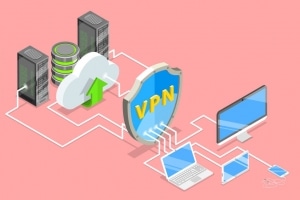
A VPN server creates a secure tunnel for you to access the internet. All your data that travels through this tunnel and is protected with encryption which adds a layer of privacy and protection against Wi-Fi and ISP snooping. VPNs can also help protect your identity by hiding something called your public IP address. Your public IP address is similar to a physical home address in that it can be used to identify your location. When a VPN server is hosted remotely and you establish a secure tunnel to that server, you take on its public IP address. So, to an outside observer you appear to be in the same location of the server because your public IP address is masked with the VPN server’s public IP address .
It is much more difficult to track you and associate your online activities back to you when using a VPN. You can search the web anonymously because all your internet activity will only trace back to the VPN server. With a VPN you also gain privacy from your ISP since they also cannot see your browsing history. This protects you if your ISP is ever forced by some agency to reveal your browsing history.
Another advantage of using a VPN is being able to view content that may be blocked based on geolocation. One example is If you are traveling out of the US and your favorite Netflix show is blocked where you are going. Using a VPN will allow you to still access that content if you choose a VPN server that is located in the US. So, when you connect to Netflix it will be no different than if you were at home accessing the service.
The Downsides To Using A VPN
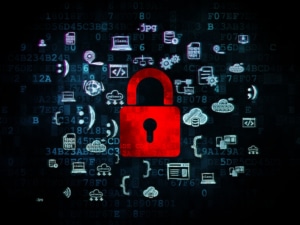
There are not many downsides to using a VPN and the benefits almost always outweigh the bad. One of the downsides is that your internet speeds will probably be slower than normal. Geographical location is one of the primary reasons for this because the VPN server may be located far away from you. If you are in the US connecting to a server in India, it will add significant travel distance for your data. To mitigate this, you should choose a server that is closer to your location. Two other reasons for latency are encryption and server load. The encryption may slow your speeds because it adds an extra step in data transmission to protect your data. Server load can be a problem if many people are connecting to the same server. Fortunately, these factors typically have a minor effect on speeds when you are using a premium VPN service.
If you have decided to use a VPN, you should avoid using free VPN services. While you might be saving money, you may not be receiving the benefits of a good VPN. Free VPN services often have data logging which removes your privacy and anonymity. Many of these services are known to sell your data to potentially malicious third parties. You also have to be wary about the encryption protocols they are using. Some free VPNs use outdated and easily broken encryption so even if they are not selling your data, you are still vulnerable to malicious third parties. While there are some good free VPN services out there, why risk using them. If your privacy and security matters to you, always choose a good paid VPN service to protect you while on the internet.

